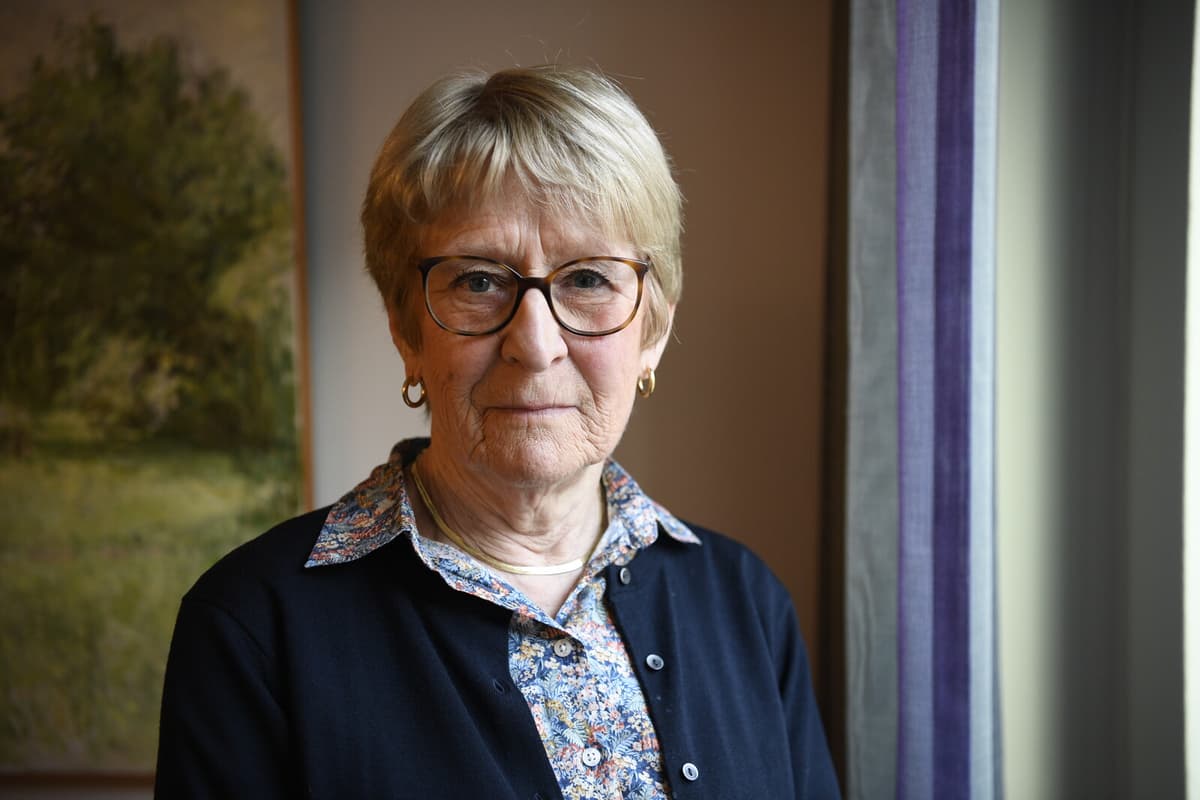The consent law introduced in 2018 means that sex without consent is to be considered as rape, even if there has been no violence or threats. In a new report, the Crime Prevention Council (Brå) has investigated the consequences of the law.
Brå shows, among other things, that one-third of rape reports now consist of "pure non-consent cases" – i.e., where one party has not participated voluntarily, but where there has been no violence or threats, says Stina Holmberg, research and investigation councilor.
The law change has had a very significant impact on what is reported as rape, she says at a press conference.
The "new" cases largely involve reports from teenagers, according to Holmberg.
Half of the reports concern victims under the age of 20. The average age of the suspects is five years higher, she says.
Few lead to prosecution
Only around ten percent of rape reports lead to prosecution. In the case of pure non-consent cases, it is even lower, says Holmberg.
We think the police are doing a good job, but it hasn't led to them getting clearer or stronger evidence than before. They are working more with technical evidence, but it's not easy.
At the same time, there is an increase in the proportion of prosecutions that lead to convictions for rapes without violence or threats, where the victim, usually a woman, has not participated voluntarily. The proportion of such convictions has increased from 54 percent to 78 percent during the period 2019-2023.
According to Holmberg, it is clear that the courts take very seriously how they should judge in these cases and clearly show why the evidence is sufficient.
They have quite a long argumentation about what they require, she says.
What is required
Holmberg mentions, among other things, that the crime must have been reported quickly, that the woman must have described the situation in the same way in all interrogations – and often that she has gone to the hospital.
She must in some way show signs of having been traumatized.
Regarding the criticism that the consent law is legally uncertain for those who are reported, Holmberg says that it poses challenges for the judiciary in some cases, but that they are generally handled well in court.
Even if there are unclear cases in the gray area, it is clear in most cases where there is a conviction that it is clearly illegal. The girl has said no and cried, but been physically passive or overwhelmed, and it feels very good that these cases can now be convicted as rape.
In 2018, an amendment to the penal code's rape paragraph was introduced, commonly referred to as the "consent law".
The amendment means that the starting point for whether an act should be considered as rape is whether there was consent or not.
A new crime, negligent rape, was also introduced. This means that one can be held responsible if one has been grossly negligent and performed a sexual act despite understanding, or should have understood, that there was a risk that the other person did not participate voluntarily.
A type of situation that can be affected by the regulations is when initially voluntary sexual intercourse has become non-voluntary, for example, after one person has become violent or moved on to new sexual acts that the other person has not consented to.
The consent law was welcomed by many when it was introduced, but also met criticism regarding lack of legal certainty.
Source: The Swedish Agency for Gender Equality and Brå






